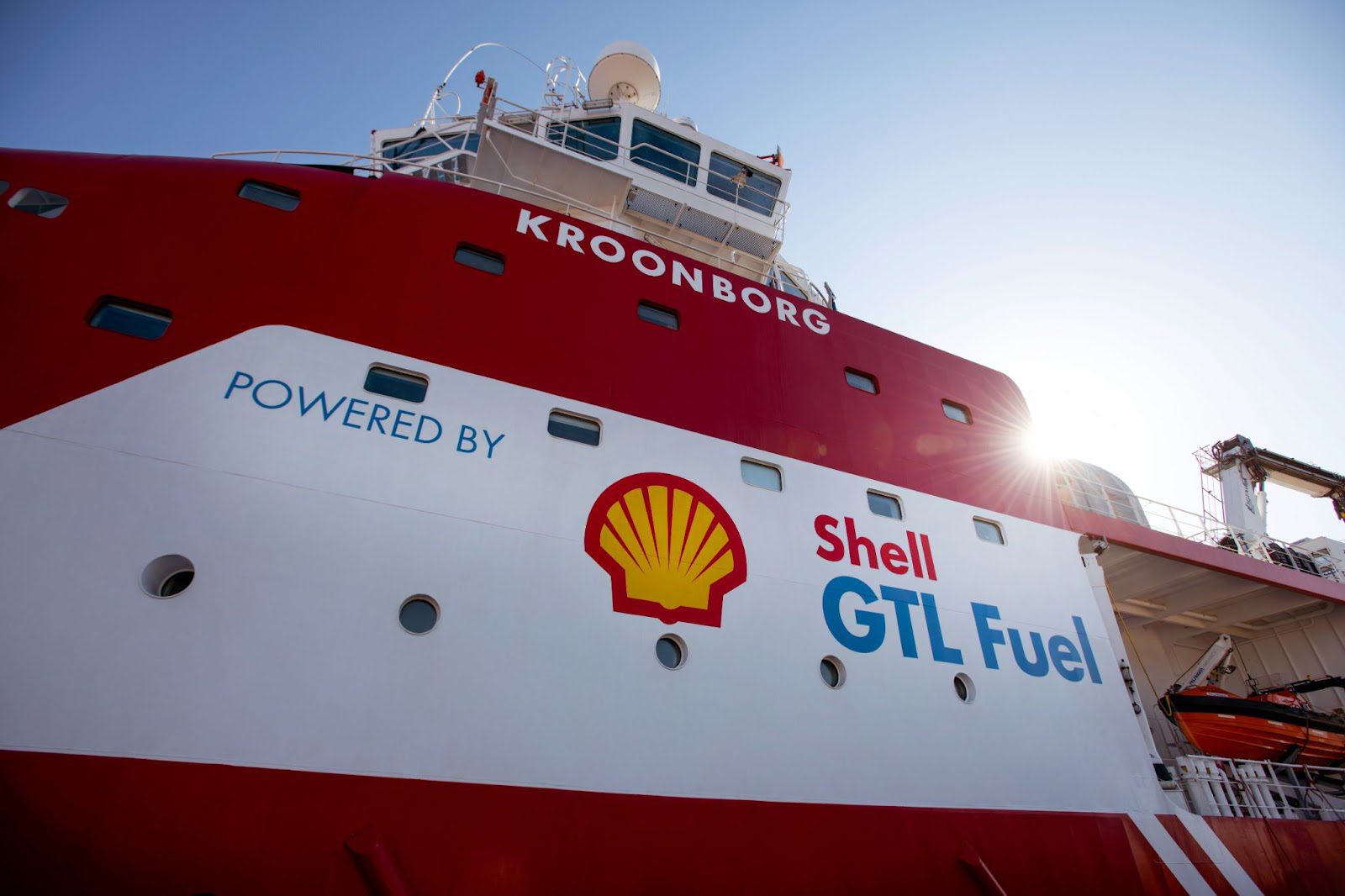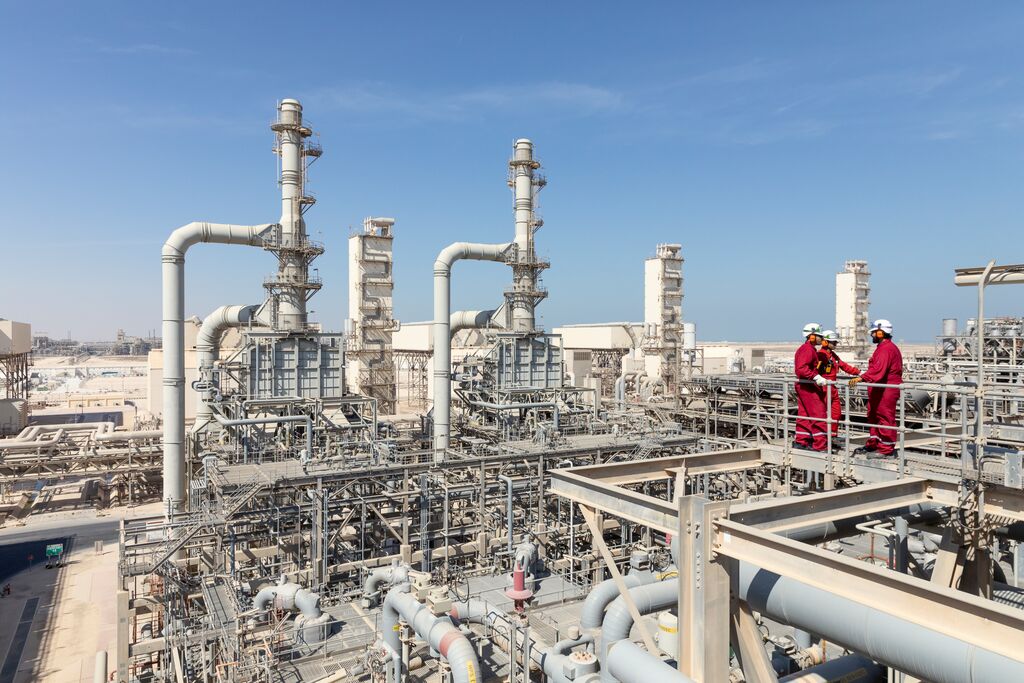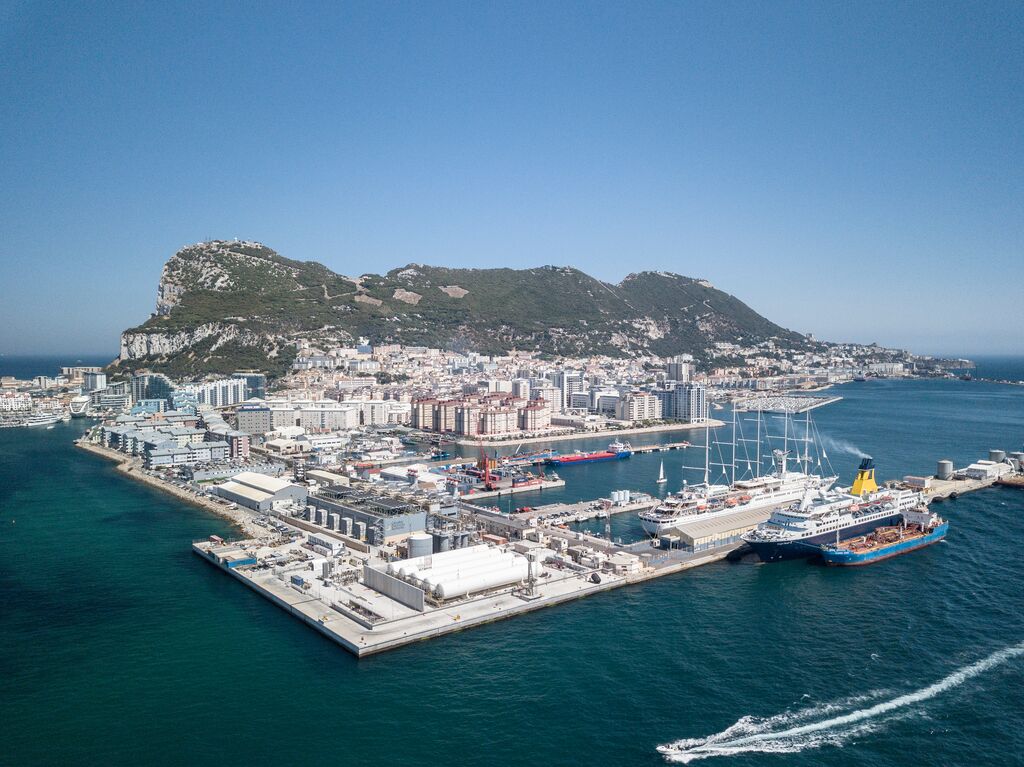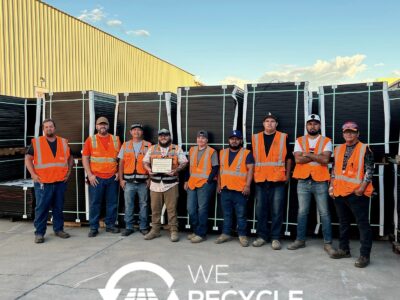Major shipping companies such as Shell and Mediterranean Shipping Company (MSC) have formed the Methane Abatement in Maritime Innovation Initiative to cut ships’ methane emissions. The initiative’s mission is to research and study ways to minimize the negative environmental impact of shipping while spurring the transition to future fuel solutions.
Launched last year, the group of seven partners hopes to develop and test numerous sustainable, safe, and competitive technologies — such as hydrogen fuels — that can reduce emissions using assets already in place in the shipping industry.
“Shell wants to play a central role in the transition to net zero,” Melissa Williams, president of Shell Martine, said in a statement. “Partnering with our customers to develop new technologies and fuels will help accelerate progress. Combining MSC’s experience as one of the world’s largest shipping companies with Shell’s expertise as a global energy supplier will help bring about effective solutions for this vital part of the world economy.”

Photo Courtesy Shell
Methane is responsible for at least a fifth of global emissions, second only to carbon. The anthropogenic gas is more than 25 times as potent as carbon dioxide at trapping heat in the atmosphere, making it even more detrimental to the climate and environment.
A recent study shows that shipping vessels can leak major amounts of unburned methane into the atmosphere. Companies in the Methane Abatement in Maritime Innovation Initiative are often using liquefied natural gas (LNG), which overall emits far less carbon dioxide, nitrogen oxides, and sulfur dioxide — but comes with the methane slip risk.
As a whole, LNG produces 40% less carbon than coal and 30% less than oil, but the initiative recognizes the need to identify new ways to reduce the methane leaks from vessels to move toward net-zero emissions.
New alternative fuel options, like hydrogen, are also at the forefront of research.

Photo Courtesy Shell
“In light of the strong warming potential of methane releases to the atmosphere, keeping tight control over methane emissions is critical to ensure that LNG’s overall [greenhouse gas] GHG footprint delivers as much GHG reduction as possible,” said Andreas Spertos, executive vice president of Maran Gas Maritime, one of the seven companies partnered in the initiative.
As major players in international shipping work to transform the industry’s energy use and create sustainability through better fuel solutions, the Methane Abatement in Maritime Innovation Initiative is a way to find greener answers using the power of the best minds in the business.

Photo Courtesy Shell
“To reach that ultimate goal of complete decarbonization, we must look at a set of solutions,” Bud Darr, Mediterranean Shipping Company’s executive vice president of maritime policy and government affairs, said in a statement. “We need significant advances in research and development and fuel development.” “MSC welcomes partnerships like this with Shell that are designed to facilitate cross-sector information sharing and prove how collaboration is key in defining the best pathway to a net-zero future,” Darr continued.





